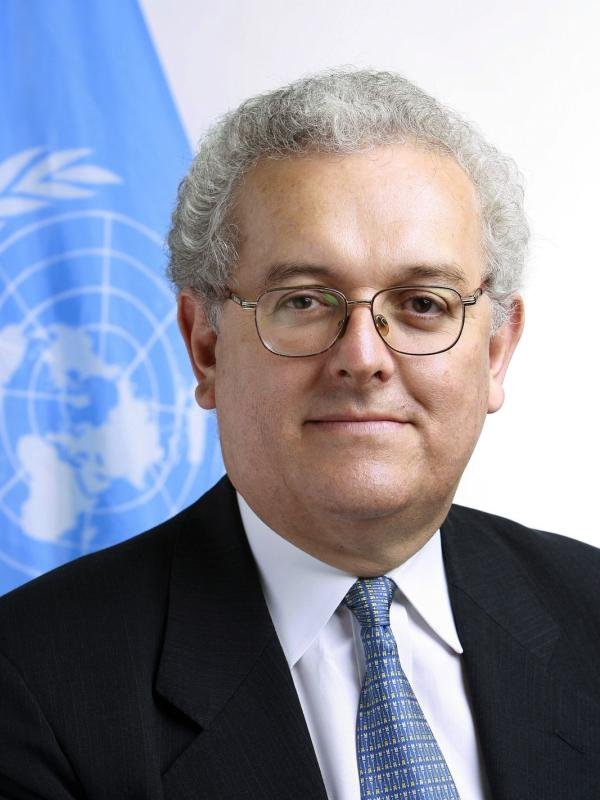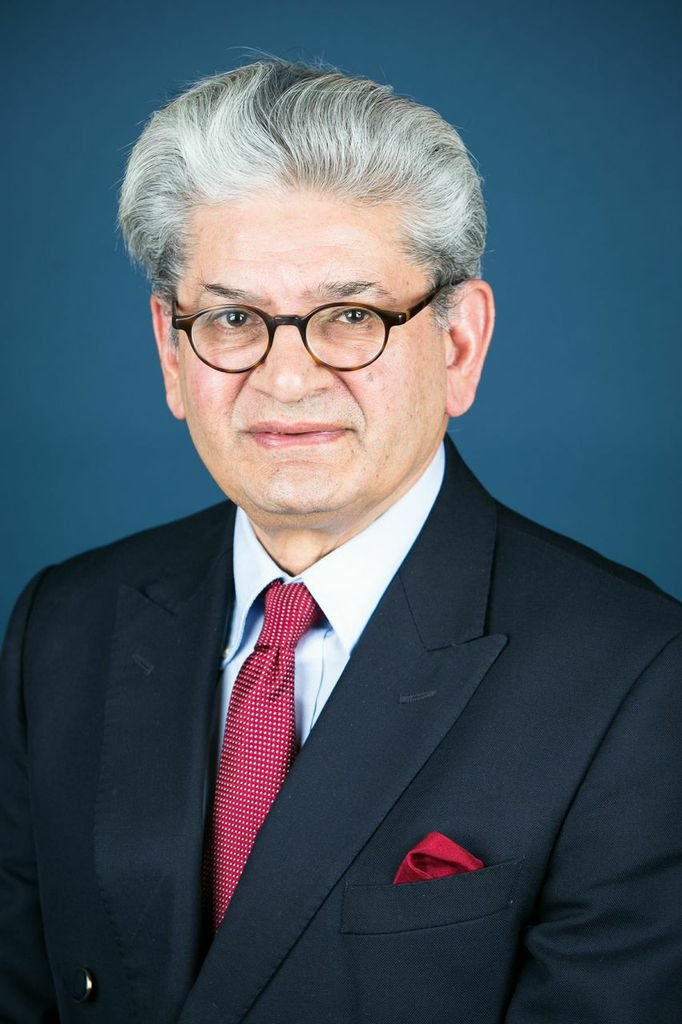At the center of those proposals is the role that Multilateral Development Banks (MDBs) can play in both areas. This includes how they can support the contribution of developing countries[1] to the provision of International Public Goods –both global and regional—and notably the prevention of pandemics and climate change mitigation and adaptation. It also includes the complementary role played by official development assistance (ODA) and the special global funds created to support these objectives. There are also proposals on how MDBs can support these countries when they face crises associated with natural disasters, public health issues, and international economic crises.
These issues have been central to several summits and conferences, and the background documents for them. The need to significantly increase development financing was indeed highlighted by the United Nations (2023a and 2023b) and endorsed in the political declaration of the United Nations High-Level Political Forum on Sustainable Development in July and the SDG Summit in September (United Nations, 2023c, paragraph 38). It was also at the center of the agreements at the G20 Leaders’ Summit (G20, 2023b, paragraphs 47 to 52) and the recommendations of a group of experts convened by that organization to propose how to enhance the role of MDBs (G20, 2023a), and of the “Evolution Roadmap” of the World Bank Group (World Bank, 2023).
This document analyzes these issues. It is divided into five sections, the first of which is this introduction. The second looks at the structure and objectives of the current system of MDBs. The third analyzes what is required to enhance their role in financing developing countries’ contribution to the provision of International Public Goods, as well as in emergency financing of the crises that these countries may face. The fourth looks at the complementary role that ODA and global funds should play. The last briefly presents some conclusions.
 José Antonio Ocampo
José Antonio Ocampo Karla Gonzalez
Karla Gonzalez

 Arjun Jayadev
Arjun Jayadev Akbar Noman
Akbar Noman Joseph Stiglitz
Joseph Stiglitz